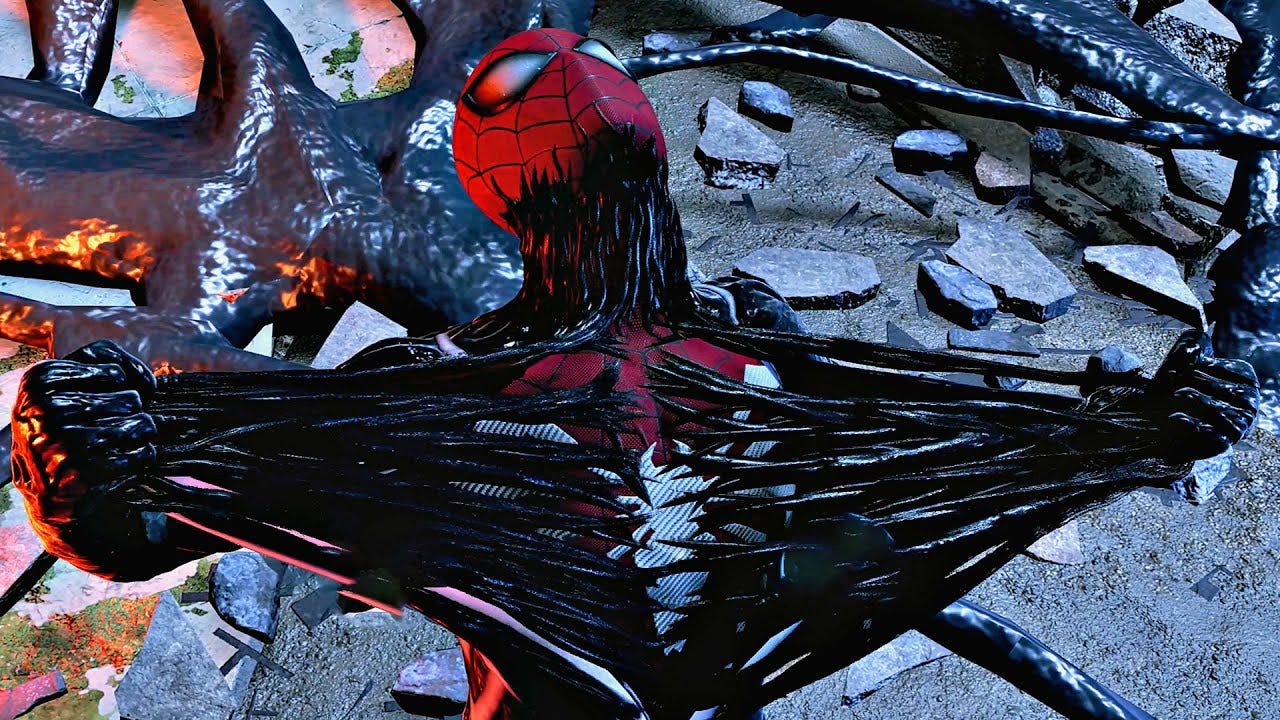“Are you ok?”
My friends asked me for the third time.
I stared at them fighting the urge to give an answer to pass the buck and move on. My hands and legs were shaking. My mind was splitting in half. One clawing for help and the other smothering the emotions by diving into the work like I always did.
Everything was crashing together at that moment. The choice I made then set the trajectory that got me here today.
What my friends didn’t know was that over the span of a few weeks, I had lost a loved one, received news of two cancer diagnoses in the family, lost a good friend, and had work issues forcing me to reevaluate my choices. I was a rotting ship at sea. I was looking for a siesta in the storm and found it in the hypodermic needle of workaholism.
Like an ostrich shoving its head in the sand, I bury myself in work to avoid personal problems.
I feel valued there. I feel that I belong, that I matter, that I am wanted. And even if things aren’t going well in my personal life, I can rest easy knowing that I can do some good through my work at the expense of my own health. At least, that’s how I rationalized it. I kept working hoping the next completed assignment, project or accolade will fix what’s wrong with me.
Each time I tried pulling myself away and asking why I kept doing this, the answer was simple:
I’m not in pain anymore.
Addictions aren’t about the activity, they’re about masking pain.
Psychiatrist Gabor Mate says, “Don’t ask why the addiction, ask why the pain.”
We can’t look at the addiction without looking at the pain being masked. To do so, we have to embrace radical honesty. In her book Dopamine Nation, psychiatrist and author Dr Anna Lembke writes the first step to fighting addiction is Radical Honesty. I need to be honest about what I do even in the small stuff. Honesty fortifies my decision-making brain, so it doesn’t slip back into the poisonous habits of workaholism.
But I knew all this, intellectually, I knew the steps to take.
My heart was stuck in a chasm with my brain looking from the top. I was trapped in an abyss I created, and I was determined to climb out.
What gave me the push to change was Spider-Man.
Spider-Man fought addiction. He chose to wear an alien symbiote suit which enhanced his powers and made him a better superhero at the cost of everything else. Focusing on being a superhero helped him avoid the pain of feeling helpless and not enough.
He thought others needed a better superhero, not Peter Parker.
He fought the addiction by facing the pain head one, but he couldn’t do it alone. His friends supported him but only Peter could make the final choice to break the addiction. They helped him realize they needed Peter more than Spider-man.
I had to face my pain of feeling not enough. Facing the pain helped reduce its power over me and revealed what it is, a young child in need of a hug.
What pushed me to break the cycle was remembering the times I didn’t notice people liking me for me not for what I achieved.
The people who stuck around when I didn't have anything to offer. Those who reached out just to check in. Friends who waited for me when they didn't have to. It's the small moments that go unnoticed that are the most powerful.
This helped me break the cycle once but I need to keep breaking it to not slip back. It’s a chronic condition I’ll have to manage for the rest of my life. Each choice has to be conscious.
I needed to choose to be me rather than hide from the pain. If there is pain, I need to reach out. Embrace it and share it.
“Are you ok?”, asked my friends.
My hands stopped shaking. My mind calmed itself as I shared how I felt.
I’m reminded of a speech from the movie Ad Astra:
I’m unsure of the future, but I’m not concerned. I will rely on those closest to me, and I will share their burdens, as they share mine. I will live and love.
Shoutout to
& for giving feedback.Thank you
for recommending the book “Dopamine Nation”




Great story and great takeaway from an unexpected place, Mohammad. Also, loved this insight: "It’s a chronic condition I’ll have to manage for the rest of my life". So true, and it is in a sense liberating to know this about problems in general, they'll always be there, might as well get good at facing and managing them, instead of running away from them